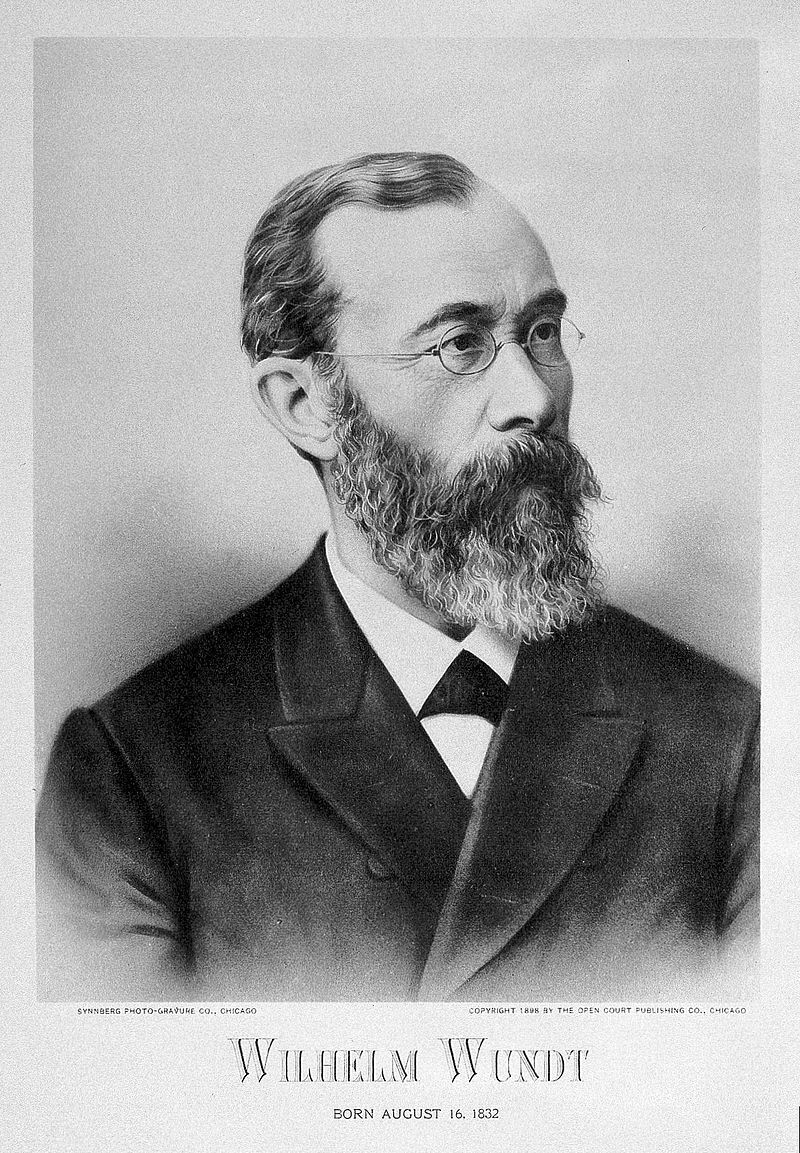1.2 - The Origins and History of Psychology
1/12
Earn XP
Description and Tags
Psych
Name | Mastery | Learn | Test | Matching | Spaced |
|---|
No study sessions yet.
13 Terms
By the late 1700s, psychology was not its own field, instead it was in the realm of …
philosophers
philosophy - philosophy, the study of knowledge and existence
long considered a motivation of behavior
Plato - believed in innate ideas, suggesting that the brain is responsible for mental processes and rational thought
Aristotle - believed the heart was the center of cognition, sensation and emotion
Hippocrates - believed that mental illness was caused by an imbalance of four major liquid
Rennee Descartes (French Philosopher) (1649)
“I think therefore I am”
Cartesian Dualism - the separation of mind from body
biologists - studied organs, including the brain
Physiology - a branch of biology that studies
internal biological processes, has focused attention on the link between the brain and human
behavior.
Franz Joseph Gall (1810) - wanted to localize functions to different parts of the brain. Gall developed the theory of ‘phrenology’
2 Early Schools of Thought in Psychology
Structuralism and Functionalism
Structuralism
Study human experience by breaking it down into smaller pieces
Mental world is made of mental elements or ‘structures’
Edward Titchener & Willhelm Wundt
Reliance on reporting subjective experiences (e.g. introspection) to examine and deconstruct internal components
Some researchers still use ‘think aloud’ protocols to peer into the subjective aspects of conscious activities
Introspection
Definition: “looking inward” to study one’s own mental and emotional processes.
Method: Participants describe their immediate experiences (e.g., tasting a strawberry or hearing a trumpet) aloud in real time.
Focus: Emphasizes subjective, first-person reports of conscious experience.
Limitation: Highly individualized—different people report different reactions to the same stimulus, making results inconsistent.
The variability in introspective reports made structuralism too messy and unreliable for scientific analysis.
Modern Use: “Think aloud” protocols help researchers understand cognitive processes as they happen, rather than relying on memory.
Criticism: Seen as unscientific due to reliance on anecdotal evidence and lack of objective verification.

Wilhelm Wundt
founder of modern psychology
Structuralist
founded the first psychology lab in 1879 at the University of Leipzig, Germany.
Pioneered f introspection to study conscious experience.
anecdotal evidence
A type of information that relies on unscientific observation.
Functionalism
Introduced in early 1900s as a new school
Definition: A school of
psychology concerned with
the purposes of behavior and
mental processes.
William James (inspired by Darwin)
Interested in how behavior functions and adapts to the environment.
how consciousness helps us in the world & survival
Objective study of the mind and mental processes & importance of empiricism
Early influences on understanding behavior and mental processes include the fields of philosophy and:
A. sociology
B. anthropology
C. physiology
D. chemistry
C
Charles Darwin’s theory of evolution influenced the early school of psychology known as:
A. functionalism
B. structuralism
C. behaviorism
D. psychoanalysis
A
Contemporary psychological perspectives differ from the classic “armchair” schools because contemporary schools rely heavily on:
A. modern computers
B. the scientific method
C. introspection
D. determining the cause of a psychological condition
B
The founding of psychology as an independent discipline is linked to which person?
A. Aristotle
B. John Locke
C. Wilhelm Wundt
D. Sigmund Freud
C
To test a new website’s ease of use, Sam watches as users interact and records the users’ spoken reactions to the experience. This technique, called a “think aloud,” is rooted in which structuralist technique?
A. Introspection
B. Empiricism
C. Objectivism
D. Functionalism
A
William James would have believed which of the following statements?
A. Psychology should study the structures of human experience only
B. Structure and function cannot be separated
C. Anecdotal evidence should be emphasized over empirical evidence
D. Consciousness is an ongoing, rational state for most humans
B - James argued against the structuralists, suggesting that structures are there because of the function they serve.